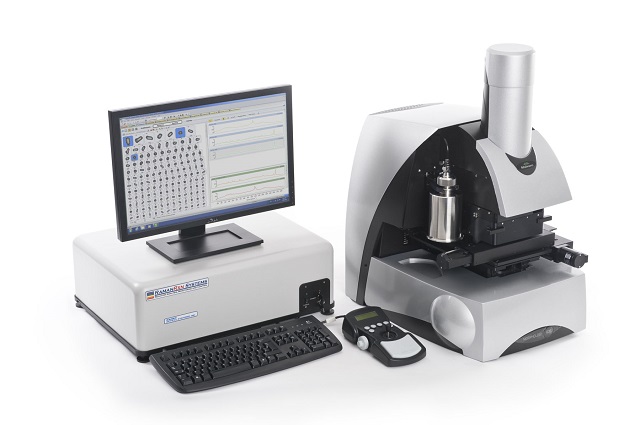At the Respiratory Drug Delivery (RDD) 2014, specialists from Malvern Panalytical will present a new approach to help accelerate the development of dry powder inhalation (DPI) formulations.
Malvern Panalytical will also be exhibiting the Morphologi G3-ID particle characterization system at the event which takes place on 4 - 8 May, in Farjado, Puerto Rico. For more information, visit http://bit.ly/RDDMalvern.

The presentation from Malvern Panalytical is entitled ‘Combining Morphologically Directed Raman Spectroscopy with Next Generation Impactor (NGI) Analysis to improve the understanding of particle properties of Dry Powder Inhalation Formulations.’ It presents data showing how the use of Malvern Panalytical’s Morphologi G3-ID particle characterization system in conjunction with NGI can help researchers develop thorough understanding of the relationship between the physical attributes of an excipient with the dispersion of active pharmaceutical ingredient from a DPI, allowing formulators to engineer a formulation to achieve a product’s target performance profile. This new approach may also aid generic pharmaceutical companies with de-formulation - understanding and matching the operation of innovator products - and in determining bio-equivalence.
In the presented work the Morphologi G3-ID, which combines automated imaging capabilities with Raman spectroscopy for chemical identification of individual particles, was used to gather component-specific size and shape information for particles in a commercial DPI. Doses from a DPI were size fractionated using the NGI, which is a cascade impactor widely employed for the testing of products administered by inhalation. Individual particles delivered to the different stages of the NGI were then chemically identified using the Morphologi G3-ID to generate component-specific particle size distributions. Multi-component agglomerates were also analyzed to understand the dynamics of dose dispersion, which is a critical aspect of drug delivery and has an impact on a formulation’s bioavailability.
The Morphologi G3-ID from Malvern Panalytical combines static image analysis with Raman spectroscopy to determine component-specific particle properties of mixtures and blends, including those used in pharmaceutical products such as tablets, nasal sprays and asthma inhalers. Powerful but easy-to-use, the Morphologi G3-ID provides size, shape and chemical analysis information for particles in the size range 0.5 µm - 1000 µm for a variety of sample types, including dry powders, liquids and creams.